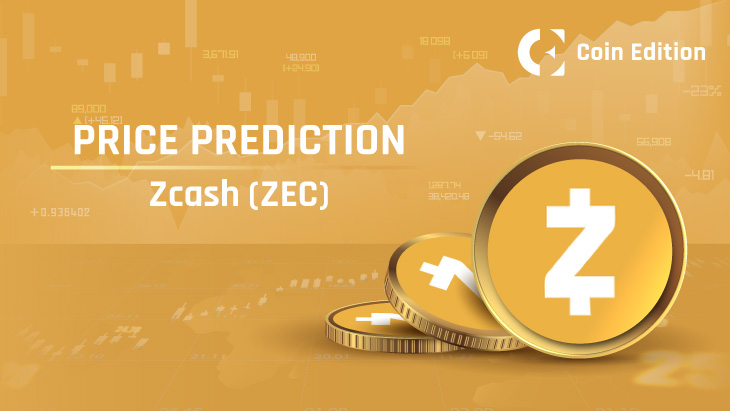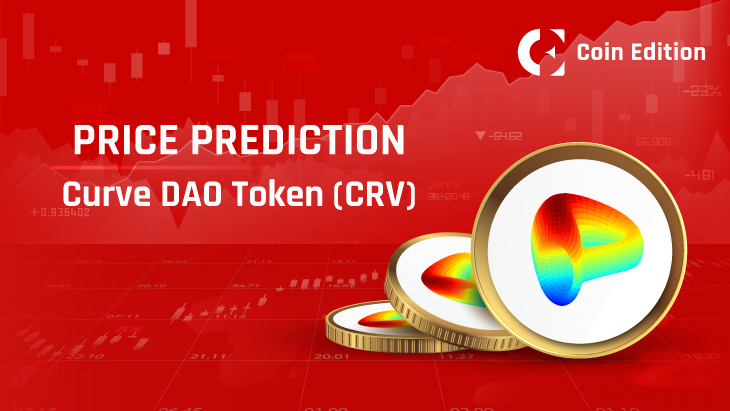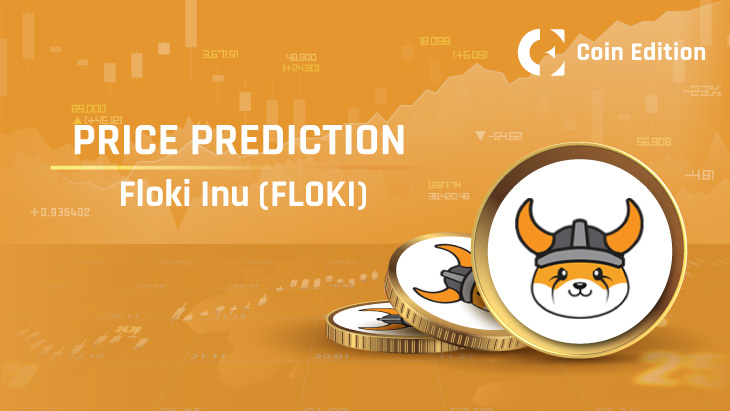- Shariah-compliant crypto aligns digital assets with Islamic law (no riba/gharar)
- Halal criteria require utility, no forbidden links; often asset-backed & scholar-reviewed
- Adoption grows in Muslim nations; regulators explore frameworks, exchanges add screening
Shariah-compliant cryptocurrencies are a growing component within Islamic finance. They offer Muslim investors blockchain assets aligned with Islamic law. These digital assets are designed to avoid conflicts with key Shariah principles. Those principles include riba (interest), gharar (excessive risk), and haram (forbidden) sectors like gambling.
Halal crypto projects, as they’re more referred to, link conventional Islamic finance with decentralized technologies. This meets rising demand for ethical financial solutions. The overall Islamic financial system represents a market worth over $2 trillion globally.
Shariah-compliant tokens prioritize transparency, asset backing, and real-world utility. These features align with Islamic finance values. Such values include shared risk/return and ethical business practices.
What is Halal Cryptocurrency (Shariah-Compliant)?
Not all digital assets meet Shariah-compliant (Halal) standards. Specific requirements involve ethical criteria for the asset’s function and management. A project’s core utility should be productive or socially beneficial. Any direct links to prohibited industries, like interest-based lending or gambling, typically disqualify an asset.
Tangible asset backing or clear real-world utility adds credibility. Projects tied to physical goods or services are often preferred over purely speculative tokens. Shariah advisory boards, more often including Islamic scholars, review and endorse these projects. This endorsement provides assurance for investors seeking compliant assets.
Related: Nomura’s Laser Digital Secures Crypto License in Abu Dhabi
Examples of Shariah-Compliant Crypto Projects & Platforms
Several innovative projects illustrate the possibilities within Shariah-compliant blockchain development.
OneGram was among the first to gain recognition, utilizing a gold-backed model. Each OneGram token is supported by at least one gram of physical gold held in reserve, offering price stability and reducing purely speculative trading appeal.
Another notable project is Islamic Coin (ISLM), which is based on the Haqq blockchain platform. Through its integrated Evergreen DAO, a portion of every ISLM transaction automatically supports various beneficial and sustainable causes chosen by the community. This ecosystem’s design also prohibits the creation of financial products considered unethical under Shariah law, while aiming to support compliant innovation.
FICE (Fasset Islamic Crypto Exchange) operates as a licensed exchange specifically based in Bahrain. Its operations are licensed by the country’s central bank and exclusively deal in Shariah-compliant virtual assets.
The exchange applies filters based on religious and ethical norms to screen listed tokens, which allows Muslim investors to trade crypto assets with greater confidence in their compliance.
How is Adoption of Shariah-Compliant Crypto Growing?
Acceptance and development of Shariah-compliant digital asset services appear to be expanding, especially across Muslim-majority countries. Nations including Malaysia, Indonesia, the UAE, and Saudi Arabia are reportedly exploring or establishing legal and regulatory frameworks that may apply specifically to Halal digital assets.
This governmental interest often aligns with increasing consumer demand for ethical investment products within these regions.
Some exchanges have introduced Shariah screening tools or filters for their listed assets. Others have partnered directly with Islamic scholars or advisory firms to vet specific token offerings for compliance.
Related: UAE DeFi Transactions Surge 74%: A Young Nation Embraces Decentralization
Fintech startups globally are also building tools specifically tailored for Muslim users. From specialized digital wallets to trading platforms, developers focus on achieving accessibility, compliance, and transparency according to Shariah principles.
These moves indicate Shariah-compliant crypto is moving beyond a small niche, representing a growing segment with significant global potential.
Disclaimer: The information presented in this article is for informational and educational purposes only. The article does not constitute financial advice or advice of any kind. Coin Edition is not responsible for any losses incurred as a result of the utilization of content, products, or services mentioned. Readers are advised to exercise caution before taking any action related to the company.










